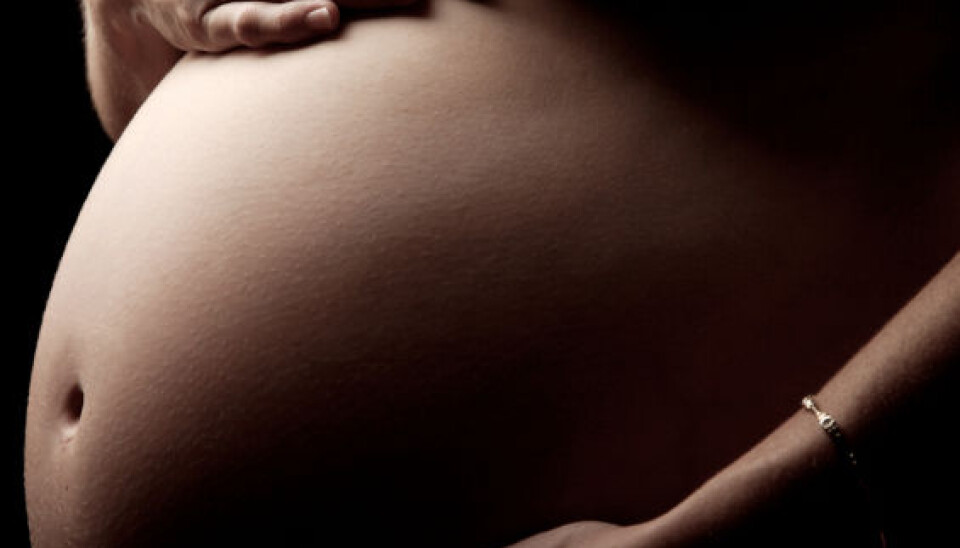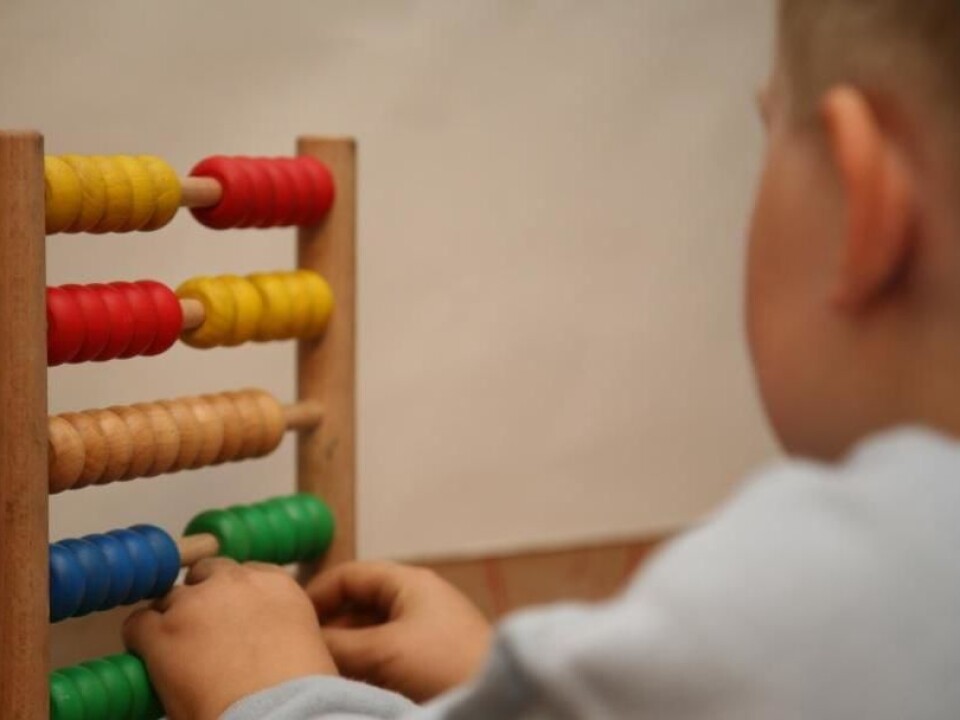
Calming the fears of expectant mothers
A pregnant woman’s psychological problems do not pass on pre-natally to their offspring as behavioural problems. A mum’s mental health issues that last for years, however, do have an impact on their children’s behaviour.
Denne artikkelen er over ti år gammel og kan inneholde utdatert informasjon.
Many pregnant women are worried by one thing or another and this is compounded by a fear that their anxiety can also harm the foetus.
Researcher Mona Bekkhus can reassure expectant mothers that there are no specific maternal psychological conditions that prenatally represent a risk of future behaviour issues.
Bekkhus has carried out research on various risk factors for child behaviour difficulties, before birth and after.
“If the mother is long-term mentally ill and the family has prolonged conflicts, this can increase the likelihood of behaviour problems for the child.”

“But psychological disorders of shorter duration do not raise this risk for the kids,” says Bekkhus.
Forget about it
Bekkhus used the “Norwegian Mother and Child Cohort Study”, which comprises data from 100,000 pregnant women in the period 1999 to 2008 in her doctoral thesis at the Department of Psychology at the University of Oslo.
She says it’s a pleasure to release some results that for once indicate there’s something that doesn’t pose a risk for the unborn child.
“Pregnant women in today’s society face so many no-nos and they have to watch out for nearly everything.”
“But being worried or suffering anxiety is not one of those things ‒ maybe lots of pregnant women will be less disturbed after hearing this,” says the researcher.
Can you enjoy your java?
She concludes that several factors previously deemed potentially harmful now prove to be without consequence in this context.
One of these is intake of caffeine during pregnancy, which she says doesn’t have an impact on an infant’s future behavioural patterns.
But that doesn’t mean a cup of coffee goes Scott free as a risk factor during pregnancy.
“I would still be a little careful about caffeine consumption during pregnancy because other studies have shown it can pose a medical risk, for instance increasing the chance of a miscarriage.”
Day cares do not cause problems
Once a baby sees the light of day, a life outside mum’s body is forever its fate. This means the child starts getting its taste of family life and for many, day care too.
From certain quarters it’s been suggested that starting kindergarten very young entails a higher risk of behavioural problems. But once again, Bekkhus can assuage fears with her research findings.
“Whether or not the child attended kindergarten had no connection with restlessness. Here too, it’s the family that is important. As long as the family is stable it doesn’t matter if the child is in kindergarten or not,” asserts Bekkhus.
------------------------------------------------------
Read this article in Norwegian at forskning.no
Translated by: Glenn Ostling
































